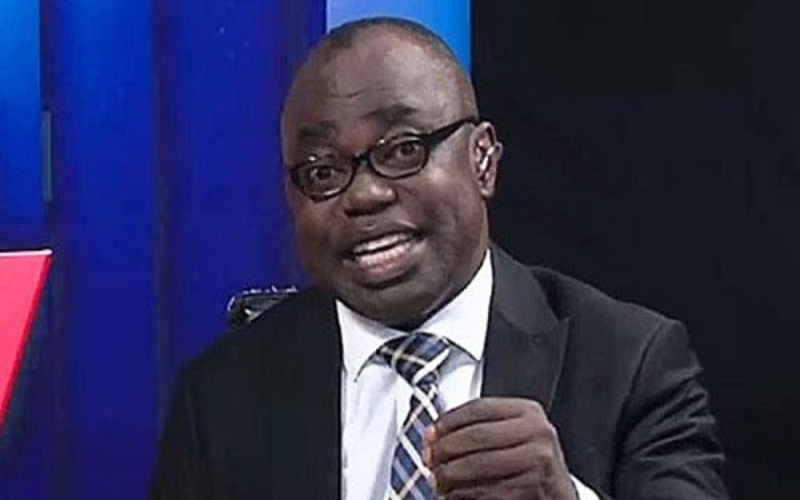TV analyst, Frank Tietie, has criticised the Nigerian Communications Commission (NCC) for approving a 50% increase in telecom tariffs without conducting the mandatory public hearing required by law.
Tietie, an Arise TV analyst, who spoke on Arise News on Wednesday, argued that the lack of public consultation denies Nigerians the opportunity to challenge the hike and seek compensation for years of poor service.
He stressed that consumers should not bear the cost of the telecom sector’s operational challenges, urging regulators to prioritise consumer protection and accountability.
Tietie condemned the Nigerian Communications Commission (NCC) for approving a 50% increase in telecom tariffs, arguing that such decisions should not be made without proper public consultation and consideration of consumer interests.
He expressed concerns over the impact of the tariff hike, stating that incompetence in governance is often passed on to the Nigerian people.
“The challenge in our country is that we have a sort of unwritten tradition of always passing incompetence to the Nigerian population,” he said.
“If our government is not doing well, the people suffer; if the government needs money, it increases taxes.”
Tietie emphasised the need for a comparative analysis before implementing such tariff increases. However, he acknowledged that the telecom industry has been relatively responsible compared to other sectors.
“The telecom industry is not as roguish as the oil and gas sector, where they can just wake up one day and announce an increase in pump price,” he noted.
Referring to legal provisions, Tietie pointed out that the Nigerian Communications Commission (NCC) Act mandates public consultation before such decisions are made.
“The provisions of Section 57 and, by extension, Section 58 of the NCC Act state that there must be a public hearing,” he explained. “I am not aware that such a public hearing was held, where representations could be made.”
He criticised the continued reliance of telecom operators on diesel-powered infrastructure instead of investing in alternative energy sources like solar.
“In a country where we have signed up to obligations for alternative energy sources, why should the Minister of Communications justify the reliance on diesel?” he questioned.
“How much investment have they put into solar energy all these years? That lack of foresight should not be passed on to consumers just like that.”
Tietie stressed that a public inquiry would have allowed Nigerians to voice their grievances and demand compensation for years of poor service.
“Nigerians should have been allowed to seek compensation for years of poor service and the inability to make complaints,” he said. “We need to understand the consumer protection provisions within the NCC Act.”
Addressing concerns about poor service delivery, Tietie suggested that the government must adopt a balanced approach that protects both consumers and the industry.
“These are tactics to drive us into accepting whatever increase,” he said.
“The Nigerian consumer appears helpless now because the regulator must have a balanced view to ensure there are no job losses.”
While acknowledging that many telecom operators have faced financial difficulties over the past two years, he argued that price increases alone should not be the solution.
“There are other economic issues that should be addressed instead of resorting to price hikes,” he stated.
Tietie also criticised the NCC for failing to ensure that consumers get value for the money they pay.
“The NCC has failed in its duty,” he said. “As a consumer, I have seen how much they disregard Nigerian telecom users because they are considered insignificant.”
He urged regulators to prioritise consumer interests and ensure that service providers are held accountable for delivering quality services.
**Source: Arise News

